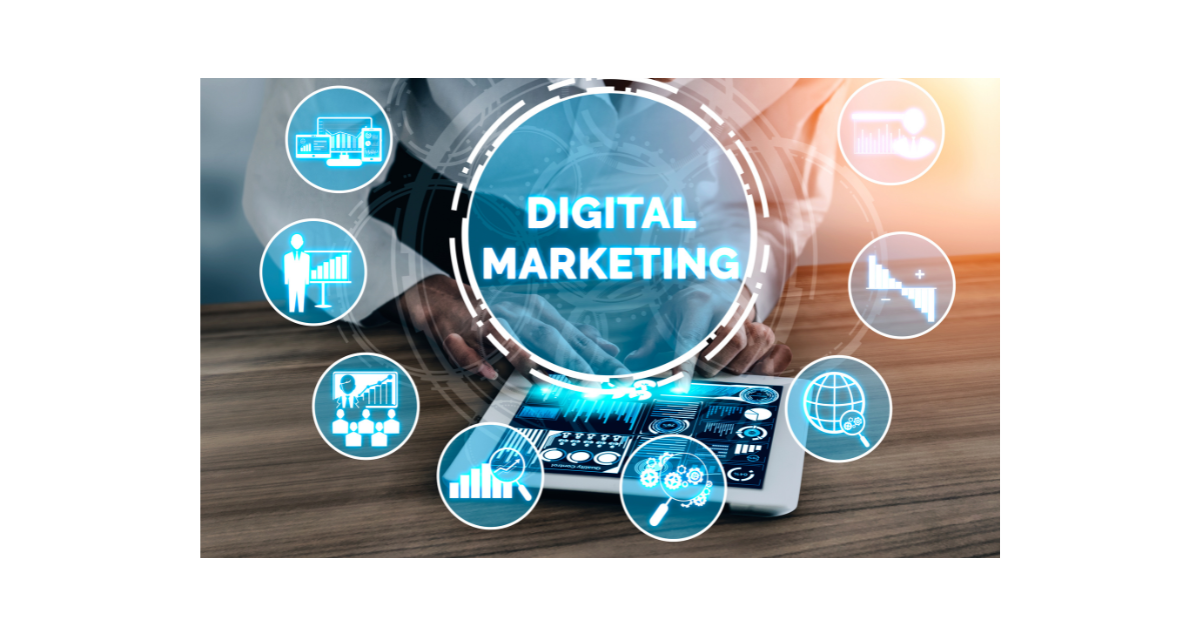These are the Digital Marketing Strategies for the Successful Business
SEO (Search engine optimization)
SMO (social media optimization)
SEM (search engine marketing)
What is digital marketing?
Digital Marketing is The use of online platforms, channels, and technologies to market goods and services to a specific audience is known as digital marketing. The company uses many strategies to boost exposure, engagement, and sales, including SEO, social media marketing, email marketing, and sponsored advertisements.
Digital Marketing Strategies for the Successful Business:
A successful company must use Digital Marketing and strategies for successful business to expand and stay in business. It increases revenue, creates leads, and expands your audience. To get the most out of digital marketing, follow these tips:
SEO (search engine optimization):
Search Engine Optimization (SEO) is the process of optimizing a website so that it ranks higher on search engines such as Google.

- Make your website search engine friendly (Google, Bing).
- Make use of pertinent keywords in your writing.
- Construct superior backlinks
- Boost mobile friendliness and website speed
Content Marketing:
Content marketing entails creating valuable content (blogs, videos, and infographics) to attract and engage customers.
- Make informative eBooks, movies, infographics, and blog entries.
- To keep your audience interested, use storytelling.
- Make advantage of user-generated material
- Make content more SEO-friendly
Social media marketing:
Social media marketing involves promoting brands on platforms such as Facebook, Instagram, LinkedIn, and TikTok.

- Select the appropriate social media sites (TikTok, Facebook, Instagram, LinkedIn, and Twitter).
- Regularly publish interesting stuff.
- Execute specialized advertising initiatives
- Use messages and comments to interact with your followers.
Pay-Per-Click (PPC):
Pay-per-click (PPC) advertising involves running sponsored advertisements on Google Ads, Facebook Ads, and other platforms.

- Manage social media and Google Ads.
- Use demographics and interests to target the appropriate audience.
- Make landing pages and ad language more conversion-friendly.
- Retargeting can be used to get back lost visitors.
Email marketing:
Email marketing entails sending tailored emails to nurture prospects and keep clients.
Affiliate marketing:
Affiliate marketing is the practice of working with affiliates to promote products in exchange for a commission.
- Collaborate with affiliates to market your goods and services.
- Pay commissions for referrals that are successful.
- Monitor and enhance affiliate marketing efforts.
Influencer Marketing:
Influencer marketing entails collaborating with influencers to boost brand credibility and reach.
- Partner with industry influencers and micro-influencers.
- Leverage influencer trust to promote your brand.
- Run collaborations, giveaways, and shoutouts.
Video marketing:
The use of channels such as YouTube, Instagram Reels, and TikTok to promote a brand.
- Make captivating videos for TikTok, Instagram Reels, and YouTube.
- For real-time interaction, use live streaming.
- Add keywords to videos to increase their reach.
Conversion Rate Optimization (CRO):
It entails improving website features to boost revenues and leads.
- A/B test website design, CTAs, and landing pages
- Optimize user experience (UX) to reduce bounce rates
- Use chatbots and AI for instant customer support.
Analytics and data tracking:
Involve measuring performance using tools such as Google Analytics and Facebook Pixel.
- Utilize Facebook Pixel, Google Analytics, and more resources.
- Monitor key performance metrics (KPIs).
- Adapt tactics in light of data findings.





